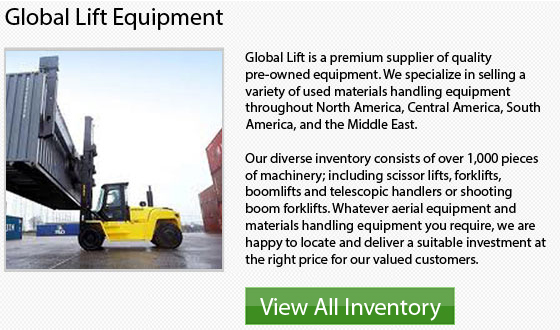
Regardless if you are thinking of expanding your business fleet of forklifts or if you are just beginning with your very first lift truck, the number of decisions which go into choosing a second-hand or new forklift could be overwhelming. There are numerous choices like for instance internal combustion or IC engines, electric models or the newest hybrid lifts. Taking time to know your requirements and get what you want out of your equipment in order to facilitate loading and unloading applications for your warehouse or dock is truly vital.
The upfront expenses are of course a key consideration when making a huge purchase. The long term operating costs of the forklift also need to be considered. Like for instance, take note that your biggest expense in this category is going to be the expense to fuel and operate your lift truck.
Diesel forklifts offer some of the cheapest operating and fuel expenses amongst internal combustion forklifts available on the market. These forklifts could out-power and out-lift your average electric lift truck with no trouble.
Similar to all lift truck varieties, there are numerous advantages and disadvantages associated with diesel forklifts. The following is a brief guide for purchasing diesel forklift units in order to help you cut through the confusion and help determine the unit best for your needs. By knowing about the potential pitfalls, you would be prepared to make a wise purchase.
The low operating expenses of the diesel lift truck is probably their biggest benefit. The diesel unit is typically the cheapest option for fuel for IC lifts. Even though electric lifts are cheaper in the long run, they don't necessarily work the best for outdoor environments.
On the other hand, though diesel forklifts are great for outdoor applications, they can't be utilized properly indoors. The emissions from a diesel model can be hazardous if not properly ventilated in an indoor warehouse. In addition, diesel forklifts are a lot louder compared to their emission-free electric counterparts.